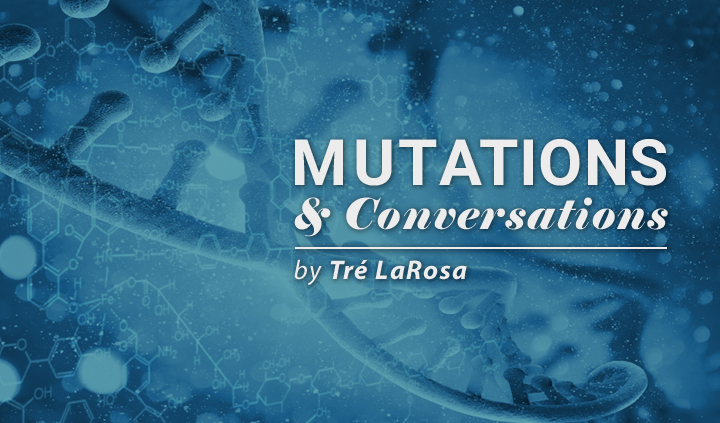The Power of Escapism
Written by |

One of the first fiction books I read in adulthood was a book called “The Amazing Adventures of Kavalier & Clay,” by Michael Chabon. The story of how I came across “Kavalier & Clay” begins in high school. In my senior literature class, we had to write a research paper on a couple of books — one assigned by our teacher and another chosen from a lengthy list of a couple dozen books. I was drawn to “Kavalier & Clay” because I’ve always had a special place in my heart for comic books even though I’d never really read any. (I always wanted to, but it can be hard to break into comic books when you don’t know where to start.)
“Kavalier & Clay,” as it turns out, is a novel about comic books and so much more. It’s about the Holocaust, Jewish people in New York during that era, love, broken hearts, friendships, standing up for what we believe in, and ultimately, the power of art and escapism. My parents bought me the book, but after realizing it was long and would require a lot of research, I ended up choosing a book I thought would be easier. (It was almost the end of senior year, so give me a break.)
Interested in Cystic Fibrosis research? Sign up for our forums and join the conversation!
“Kavalier & Clay” sat on my bookshelf for the next four years. During that time, I began reading comic books. Comic books and graphic novels were an amazing compromise for escapism for me during college — they didn’t require the time investment that TV shows or books do, and they were more accessible than movies. And as soon as I graduated, I saw “Kavalier & Clay” on my shelf, realizing it was finally time to read it.
With CF, I’ve always envisioned that there is something I am actively fighting all the time (warrior terminology admittedly isn’t my favorite). It’s a metaphorical and physical fight. Physically, I’m obviously fighting infection and trying all the time to combat the natural decline that comes with CF. But there’s also the metaphorical fight: the fight against time. I worry a lot about how I spend my precious time. I don’t like feeling like I’m not being productive enough or if I’m wasting my time. I also don’t like constantly thinking about my health and CF, as we all know that can be quite depressing.
So, escapism. What does escapism do for us? With a chronic disease, it’s easy to feel like you’re an ostracized part of society. But when you’re enveloped in a good book, show, or movie, or anything that makes you feel some joy, that concern, that feeling of solitude, that treacherous feeling of time achingly passing us by starts to dissipate. A lot of people trash Netflix binging as a wholly bad thing, but I’d argue that this type of response dismisses the importance of the benefit of simply feeling good for a time.
Escapism can absolutely be good. Reading fiction helps us stretch our empathy muscles. To some degree, moderation is important — please do not spend the next 72 hours straight reading, watching TV, or whatever. But if escapism helps to alleviate some anxiety and depression, teaches you something, or makes you feel hopeful about the future, at least for a few precious hours, then I say do it. “Kavalier & Clay” taught me that escapism just might be the key to handling day-to-day life.
Follow along with Tré’s other writings on his humbly named site, www.trelarosa.com.
***
Note: Cystic Fibrosis News Today is strictly a news and information website about the disease. It does not provide medical advice, diagnosis, or treatment. This content is not intended to be a substitute for professional medical advice, diagnosis, or treatment. Always seek the advice of your physician or other qualified health provider with any questions you may have regarding a medical condition. Never disregard professional medical advice or delay in seeking it because of something you have read on this website. The opinions expressed in this column are not those of Cystic Fibrosis News Today, or its parent company, Bionews Services, and are intended to spark discussion about issues pertaining to cystic fibrosis.








Leave a comment
Fill in the required fields to post. Your email address will not be published.